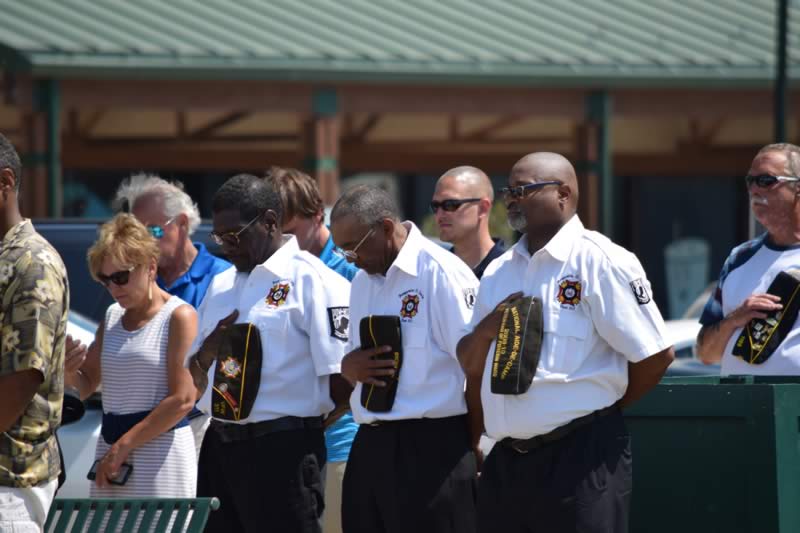Washington, DC–(ENEWSPF)–August 12, 2011. The Army released suicide data today for the month of July. Among active-duty soldiers, there were 22 potential suicides: three have been confirmed as suicide and 19 remain under investigation. For June 2011, the Army reported nine potential suicides among active-duty soldiers. Since the release of that report, three cases have been confirmed as suicide, and six cases remain under investigation.
During July 2011, among reserve component soldiers who were not on active duty, there were 10 potential suicides: none have been confirmed as suicide and 10 remain under investigation. For June 2011, the Army reported five potential suicides among not-on-active-duty soldiers. Since the release of that report, one case has been added for a total of six cases. Four cases have been confirmed as suicide, and two cases remain under investigation.
“Every suicide represents a tragic loss to our Army and the nation. While the high number of potential suicides in July is discouraging, we are confident our efforts aimed at increasing individuals’ resiliency, while reducing incidence of at-risk and high-risk behavior across the force, are having a positive impact,” Gen. Peter W. Chiarelli, vice chief of staff of the Army, stated. “We absolutely recognize there is much work to be done and remain committed to ensuring our people are cared for and have ready access to the best possible programs and services.”
Soldiers and families in need of crisis assistance can contact the National Suicide Prevention Lifeline. Trained consultants are available 24 hours a day, seven days a week, 365 days a year and can be contacted by dialing 1-800-273-TALK (8255) or by visiting their website at http://www.suicidepreventionlifeline.org.
Army leaders can access current health promotion guidance in newly revised Army Regulation 600-63 (Health Promotion) at: http://www.army.mil/usapa/epubs/pdf/r600_63.pdf and Army Pamphlet 600-24 (Health Promotion, Risk Reduction and Suicide Prevention) at http://www.army.mil/usapa/epubs/pdf/p600_24.pdf.
The Army’s comprehensive list of Suicide Prevention Program information is located at http://www.preventsuicide.army.mil.
Suicide prevention training resources for Army families can be accessed at http://www.armyg1.army.mil/hr/suicide/training_sub.asp?sub_cat=20 (requires Army Knowledge Online access to download materials).
Information about Military OneSource is located at http://www.militaryonesource.com or by dialing the toll-free number 1-800-342-9647 for those residing in the continental United States. Overseas personnel should refer to the Military OneSource website for dialing instructions for their specific location.
Information about the Army’s Comprehensive Soldier Fitness Program is located at http://www.army.mil/csf.
The Defense Center for Excellence for Psychological Health and Traumatic Brain Injury (DCoE) Outreach Center can be contacted at 1-866-966-1020, via electronic mail at [email protected] and at http://www.dcoe.health.mil.
The website for the American Foundation for Suicide Prevention is http://www.afsp.org, and the Suicide Prevention Resource Council site is found at http://www.sprc.org/index.asp.
The website for the Tragedy Assistance Program for Survivors is http://www.TAPS.org, and they can be reached at 1-800-959-TAPS (8277).
Source: defense.gov








